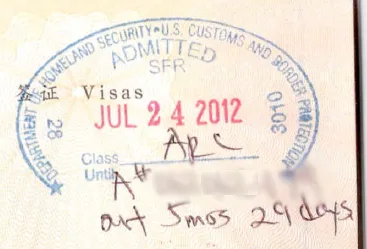I don't have the full answer, but I'll point out to two relevant elements I'm aware of.
Element 1: https://lawandborder.com/guide-to-reentry-permits/#14_If_CBP_Has_Warned_That_You_Are_at_Risk_of_Abandonment:
The officer may notice that you have been abroad for a significant period of time and advise you that you a non-temporary trip abroad will lead to abandonment of your LPR status. The officer may place a stamp that looks like this in your passport:

An LPR friend of mine stayed outside the US for 5.5 months in a covid-safe country and upon reentry they got questioned on why they stayed so long outside the US. I assume that if you reply that you're just in the US for keeping the green card and that your house, kids, partner, job, etc. are in your home country, you might lose the LPR.
Element 2: Note that a stay of fewer than six months can disrupt the continuity of residence from the naturalization process standpoint (N400), as mentioned in https://www.ilrc.org/sites/default/files/resources/travel_abroad_-_natz_eligibility_and_abandonment.pdf:
Disrupting Continuous Residence – Travel Abroad for Six Months or Less
When looking at any trips taken abroad, immigration officers will assess the length of time persons were outside of the
United States during the five- or three-year requirement to determine whether a person has disrupted their continuous
residence.8 The statute and regulations are silent on what happens if persons are absent from the United States for six
months or less during the required period. Generally, an absence from the United States for six months or less at one
time will not cause one to be ineligible for naturalization. However, USCIS’ Policy Manual states that USCIS officers can
review whether an applicant with multiple trips of less than six months has become ineligible for naturalization due to
breaking the continuous residence requirement. The ILRC is aware of a naturalization denial because a person was
absent from the United States for six months or less, but it is not common. Essentially, the USCIS rationale for such a
denial is that the applicant may not be able to establish that their actual dwelling place was in the United States during
the absence(s) in question and thus disrupted their residence in the United States.
FYI:
